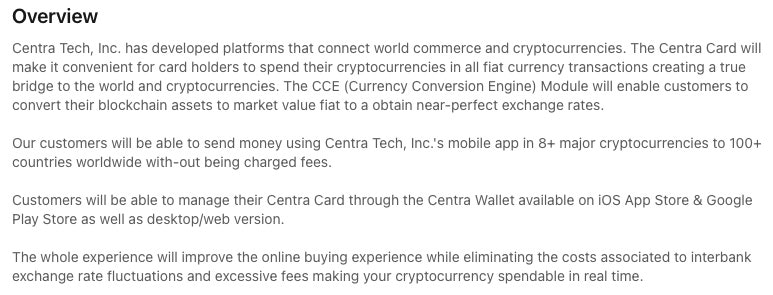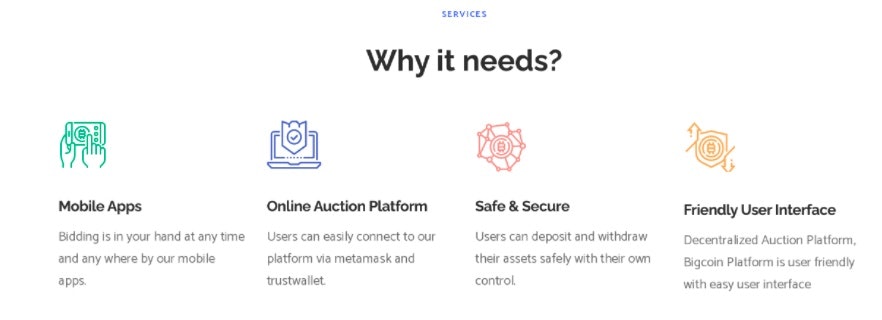- What Are Fake Cryptocurrency Scams?
- Red Flags of Fake Cryptocurrency Scams
- How To Avoid Fake Cryptocurrency Scams
- Fake Cryptocurrency Scam Examples
- Fallen for a Fake Cryptocurrency Scam?
- Frequently Asked Questions
Investing in cryptocurrency comes with its benefits and risks. If you’re looking at investing in a new type of coin, you need to do your research and proceed with caution as there is a chance you could fall victim to a fake cryptocurrency scam.
What Are Fake Cryptocurrency Scams?
Cryptocurrency’s appeal has been bolstered by the rise of bitcoin, Ethereum, and thousands of other coins. Often, the prices of a new coin spike up dramatically after its initial coin offering (ICO) because it presents an interesting solution to a common or persistent problem. Naturally, this attracts early investors who hope their funds will skyrocket along with the coin’s performance in the market. Unfortunately, however, fake cryptocurrency scams are now targeting crypto investors.
Here are how bogus cryptocurrency scams work.
The Scammer Creates a Website About a Coin With a Unique Solution
The scammer has to pretend it solves a pressing problem or presents a unique opportunity to gain interest in their coin. For example, a company called Centra Tech said it would issue a coin connected to a debit card and that any vendor that took Visa or MasterCard payments would accept it.
This solves the problem of it being hard to spend your crypto. This fake solution was appealing to many investors, including some notable celebrities.

You Invest in the Coin by Depositing Money or Connecting Your Crypto Wallet
Thinking the coin’s solution is going make its price go up, you invest in it. They may accept bank transfers or provide a way to connect your crypto wallet.
The Scammer Takes Your Money
After sending the scammer money or connecting your wallet, they proceed to take your money and buy crypto with it. This is safer for the scammer than depositing it into an account. When they purchase the crypto, even though the transaction itself is on the blockchain, their identity is hidden, making it very difficult to track their laundering of your money.
The Fake Cryptocurrency Scam Is Revealed
The website may fake an ICO launch or continue hyping up the coin’s release. However, each new investor and each media story results in increased scrutiny of the coin’s validity. The scam is discovered because it’s nearly impossible to fake a real blockchain without investors noticing the invalid transactions.
The Scammers Disappear With Your Funds
With cryptocurrency, “disappearing” is very easy because the scammer never had a real identity associated with any transactions. As long as they keep their wallet IDs secret, they can remain invisible.
It’s almost impossible to get your money back in dollars or cryptocurrency.
Red Flags of Fake Cryptocurrency Scams
Before purchasing cryptocurrency, be on the lookout for signs of scams. It’s best to check for more than one, so you can uncover a fraud rather than a deal “too good to be true.”
An Unrealistic Solution
Some of the problems cryptocurrencies face are very hard to overcome, especially those related to their widespread acceptance. There are other financial issues facing people, countries, and companies that are particularly hard to overcome. If a coin offers a solution to fix a persistent, fundamental financial challenge, it may be a scam.
For example, with the Centra Tech scam, the idea of MasterCard and Visa agreeing to help facilitate crypto payments, which cost next to nothing, is infeasible, at best. Also, if a coin were to claim to be officially endorsed by a government, it could be a scam. Even though this has been done, the macro and microeconomic hurdles are huge.
Significant Grammatical Errors on the Website
Knowing the size of the English-speaking market, some scammers will make a site for a fake cryptocurrency in their native tongue and then translate it into English using translation tools. In many cases, these tools fail to produce a natural-sounding, grammatically correct translation, making them easy to spot.
Cannot Be Found on a Live Blockchain
Not finding the currency on a live blockchain is one of the most significant indications of a fake cryptocurrency scam. The blockchain is public, and all transactions are viewable at any time and by anyone—there are no membership requirements.
If you can’t see a constantly updating list of transactions in real-time for the crypto you’d like to invest in, it’s most likely fake. You can look up transactions or see the ledger updating on sites such as blockchain.com.
How To Avoid Fake Cryptocurrency Scams
The best step to take to avoid cryptocurrency scams is to perform thorough research and answer the following questions:
- Is the coin’s solution realistic and possible?
- What is the technology powering the solution?
- Who are the coin’s founders, and how long have they been involved in cryptocurrencies?
- Is the coin brand new, or has it been in a legitimate development phase for quite a while?
- Does the coin have a proof of concept already rolled out?
- Is the coin’s functionality well-documented?
- Have the founders been involved in any scams or controversy in the past?
Fake Cryptocurrency Scam Examples
Fake cryptocurrency My Big Coin claims it can work as an online auction alternative payment. Not only is this an unrealistic expectation due to the massive infrastructure it would involve, but you can see its “Services” section doesn’t list any services, and it has several grammatical errors.

Some fake cryptocurrency scams may be tough to spot due to how well-known and played-up the coin can be. Take the following example of One Coin, a cryptocurrency that promised to be bigger and better than Bitcoin but ended up being a huge Ponzi scheme, scamming people out of more than $4 billion worldwide.
Fallen for a Fake Cryptocurrency Scam?
If you’ve fallen for a fake cryptocurrency scam, it may be possible to get some or all of your money back if you report it to the authorities right away. Some scammers choose to keep their victim’s funds in personal or business accounts before using them to purchase goods or services. Authorities can freeze these funds and can return what’s left to those they have defrauded.
It’s crucial to reach out to the following authorities to have a chance of getting your money returned:
- U.S. Securities and Exchange Commission (SEC)
- Financial Industry Regulatory Authority (FINRA)
- The North American Securities Administrators Association (NASAA)
You should also contact your local authorities and let them know what happened. Be sure to document all interactions—financial and otherwise—you had with the coin, its “founders,” or anyone else associated with their organization.


Comments